Kyoko Asagiri
출생 : 1921-02-19, Tokyo, Japan
사망 : 1999-05-28
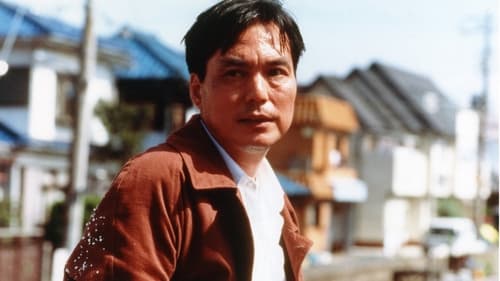
Tami's step mother
Hamanaka Koichi returns to his wife Hisako and family in a sadder, run-down section of eastern Tokyo after having run away from home years before. He gives no explanation of his absence and his family asks no questions. It is only through the questions that a young writer named Asakura, who is secretly in love with Hisako, poses of local shop owners, that we learn that Hamanaka's disappearance may be related to the fact that the woman everyone thought he would marry, Tami - who runs the cafe across the street from the Hamanaka electric store - had ended up tying the knot with another man who died soon thereafter.
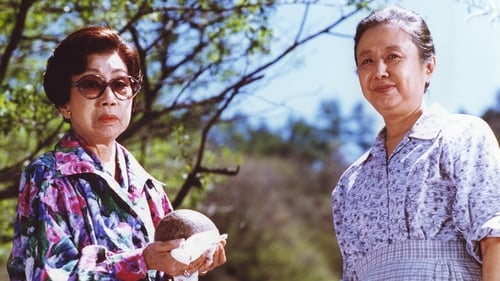
Tomie Ushiguni
노령의 여배우 요코는 도요코에게 관리를 맡긴 별장으로 피서를 간다. 거기서 인생의 생과 사, 사랑에 관한 사건을 연달아 접한다. 기묘하게 짧은 유언과 함께 큰 돌을 남기고 간 좋은 노인, 중병을 앓고 있는 친구와의 만남, 죽은 남편의 불륜 등. 요코도 자신의 죽음에 대해 생각하기 시작한다.
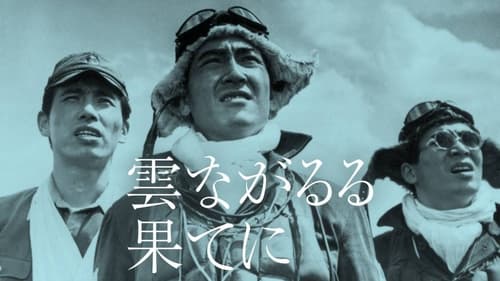
A movie that depicts the tragic fate of many Yokaren flight-academy pilots.

Ginko, a poor cobbler's daughter, becomes a geisha to support her family. She passes from one geisha house to the next, trying to find love and hope in the process. No matter how hard she tries, she just can't escape her sad fate.
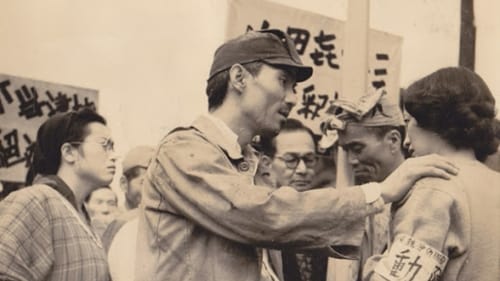
Onna Hitori Daichi wo Yuku (A Lonely Woman in a Lonely Land, Kinuta Production, 1953) was the second feature film directed by Kamei Fumio, who is known as a master of documentary films, and followed his “Haha Nareba Onna Nareba(Become a Mother, Become a Woman)” (1952).

Shin
The tale of a feudal swordsman who cynically takes no responsibility for anything, relegating it to others, and then taking the credit.
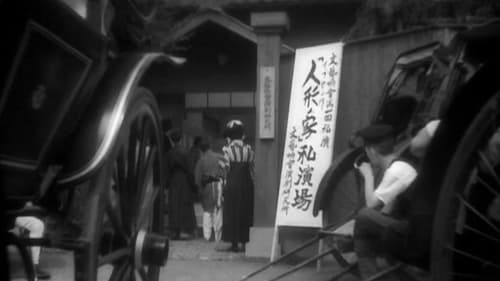
서양 연극을 도입한 연출가 시마무라는 "인형의 집"을 무대에 올릴 준비를 하는데, 여주인공 노라 역 때문에 고민이다. 그러다 시마무라는 남편과 싸우고 헤어졌다는 여배우 마츠이 스마코를 만나게 되는데, 거침없이 이야기하는 당찬 그녀를 노라 역에 발탁한다. 스마코와 사랑에 빠진 시마무라는 그녀와 함께 하기 위해 가족까지 버리고, 둘은 연극계에서도 쫓겨난다. 20세기 초에 활약했던 여배우 마츠이 스마코를 소재로 한 나가타 히데오의 희곡을 각색했다.

Takao
Waiting woman

Kotobuki-za is a story of the Naniwa-bushi singer Baichuken Tsurumaru.

This was 1942, so it was a national policy film, no matter what you call it. But when the war was still on the winning side, there wasn't even a little bit of sadness in the film (as the war was getting worse and worse, the burdens on our backs were increasing day by day, and we had to keep forming a line for tomorrow with nowhere to go (Akira Kurosawa's "The Most Beautiful", Admiral Nomura's "Enemy Air Raid", etc.) (Song of Annihilation, directed by Sasaki Yasushi). The film closes with the hope of the blue cloud that is bubbling up in the air. Or it may be the last time that a Japanese film talks about war and looks at the end of the war with an unconcerned eye.

A hostile Chinese nurse (Yamaguchi) who works in an orphanage is won over by the care and commitment of the Japanese doctor (Sano) who treats her wards. Disease outbreaks and family obligations, however, threaten to torpedo their budding romance.

Miysue

Nuiko
메이지 시대를 배경으로 한 멜로 드라마이다. 의지할 데 없는 유랑극단의 아름다운 가수 우타는 관대한 상인에 집에 기거하게 되지만 그녀를 바라보는 주위의 시선은 따갑기만 하다. 그가 갑자기 큰 빚을 남기고 세상을 뜨자 장사 경험이 전혀 없는 아들이 가업을 물려받게 된다. 그러나 우타는 그에게 학업을 마칠 것을 권하고 대신 사업을 도맡게 된다.







